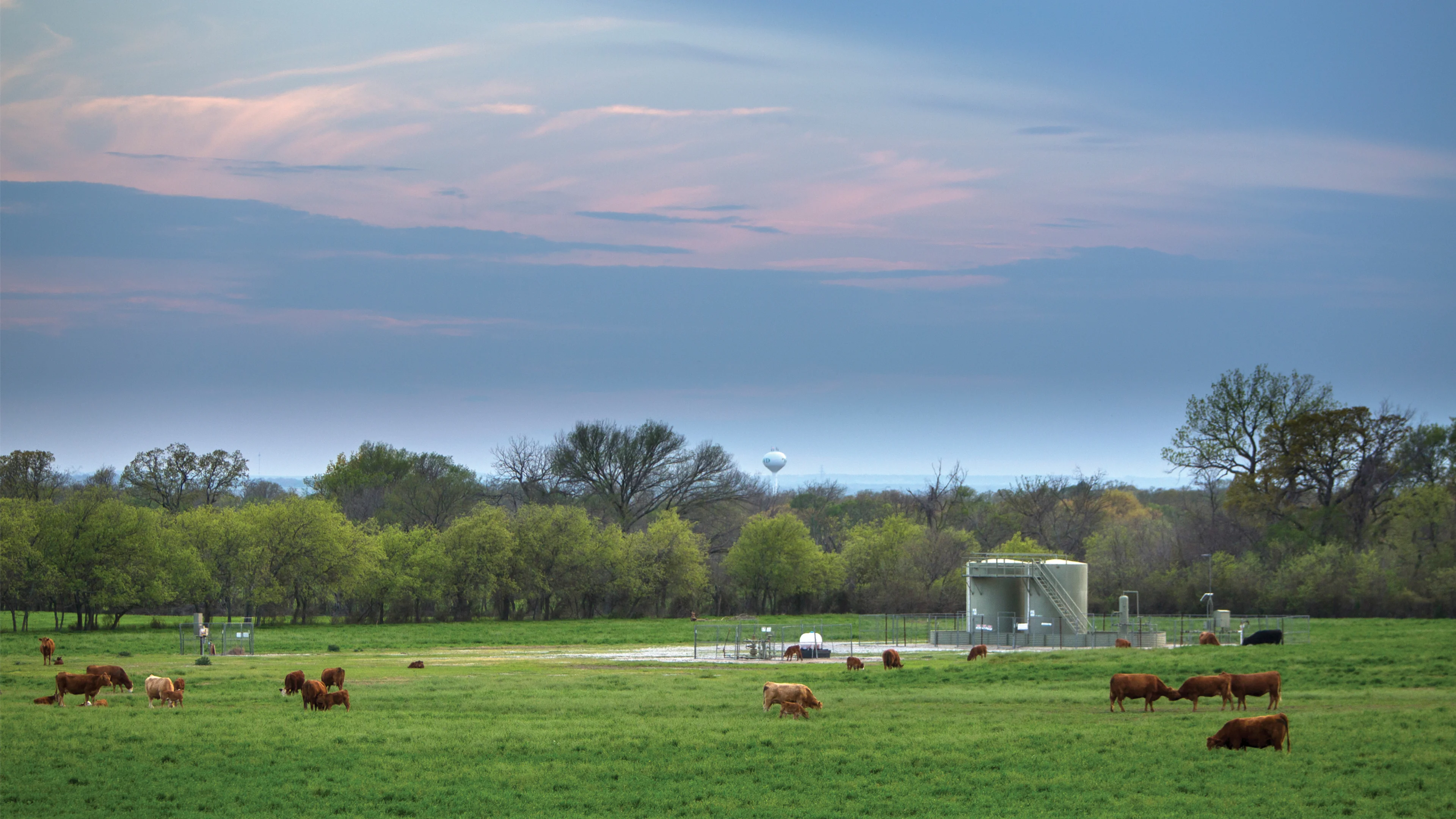BKV Shares with Oil & Gas Journal its Strategy to Produce Net-Zero Green Natural Gas

Can a company safely and profitably produce net-zero green natural gas? Denver-based BKV Corporation (BKV), a privately held natural gas exploration and production company, is on a mission to do just that. In honor of World Earth Day in April, the company released its inaugural ESG report announcing that they are on an actionable and credible path to achieving net-zero emissions across Scope 1 and 2 by 2025. If you’ve never heard of them, you will now because they are a passionate group on an ambitious ride—and they’re prepared to make headlines in 2022 for their efforts toward net-zero.
BKV was founded in 2015 with the simple belief that the unquenchable demand for energy and the need to take care of the planet would require the creation of a different kind of energy company.
“As part of an industry that has a significant role to play in transitioning the future of energy, we are passionately dedicated to making advancements today in the production of sustainable energy,” said Chris Kalnin, CEO of BKV. “Every decision we make—whether that is restimulation of a site or the acquisition of a natural gas power plant—must fit within our goal towards being a profitable net-zero energy company.”
As one of the top 20 natural gas producers in the United States and the largest natural gas producer in the Barnett Shale, BKV’s sustainability report provides a baseline assessment of its efforts and notable achievements in 2021. Currently, BKV’s operational footprint is in the Northeast Marcellus Shale in Pennsylvania and the Barnett Shale in north Texas.
Kalnin continued, “While it is early in our journey as a company, we believe in communicating our concrete and transparent actions for the future of sustainability—now. Our goal is to produce net-zero green gas, and we hope to launch a green gas product to the market soon, with third-party certifications.”
How will BKV address Scope 1 and 2 emissions between 2021 and 2022? Kalnin said, “We are investing approximately $12 million between 2021 and 2022 to reduce emissions from our footprint in a variety of ways.” The report notes the investments will allow them to prototype and deploy electrified components into the production processes, convert pneumatic gas instruments, enhance measurement technology, remove redundant equipment and develop and draw on renewable energy sources, among other operational improvements.
Other notable components of the report include their exploration of Carbon Capture Utilization and Storage (CCUS) and the carbon offset market, as well as the utilization of several internally developed programs to deliver climate solutions—such as “Pad of the Future,” a program aimed at converting natural gas-powered pneumatics to instrument air on existing pads, reducing their GHG footprint.
BKV made several significant announcements in late 2021, including the purchase of a natural gas power plant in Texas for $430 million through a joint venture partnership. Kalnin explained, “This acquisition provided an entry into the power business, delivering exceptional grid reliability and leading ESG standards with the goal of directly certifying our emissions footprint at each step in the value chain.”
The company also made headlines for its partnership with Project Canary, an environmental certification and ESG data company, to produce certified Responsibly Sourced Gas (RSG). Using real-time, continuous emissions monitoring, Project Canary and BKV aim to validate the high environmental standards by which natural gas is produced, and that a market exists for differentiated RSG products. “We foresee certified RSG driving demand for low carbon energy,” said Kalnin. This year, BKV and Project Canary will partner to address GHG emissions across the upstream and downstream energy value chain through first-of-its-kind environmental assessments and monitoring programs.
In November, BKV joined the Our Nation’s Energy Future (ONE Future) Coalition, a group of natural gas companies working together to voluntarily reduce methane emissions across the natural gas value chain to one percent, or less, by 2025. Richard Hyde, Executive Director of ONE Future, said, “BKV is committed to safety, environmental stewardship, and actively engaging in the communities where they operate, and membership with ONE Future will enhance these commitments tenfold.”